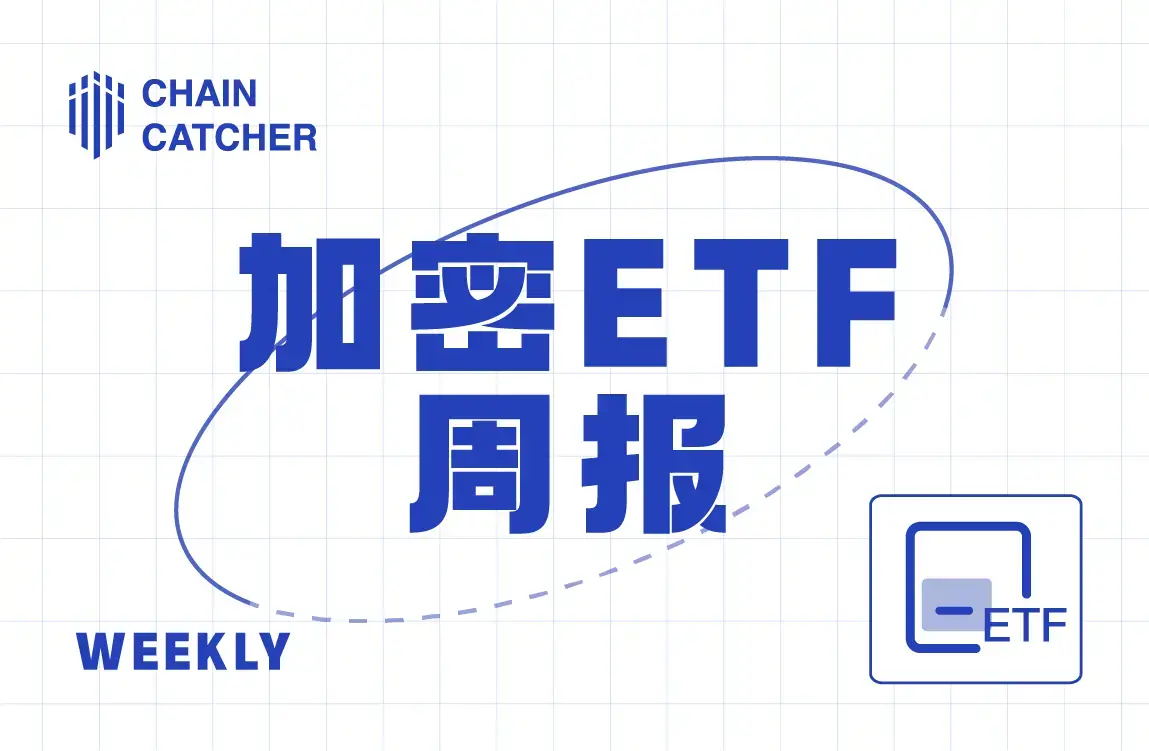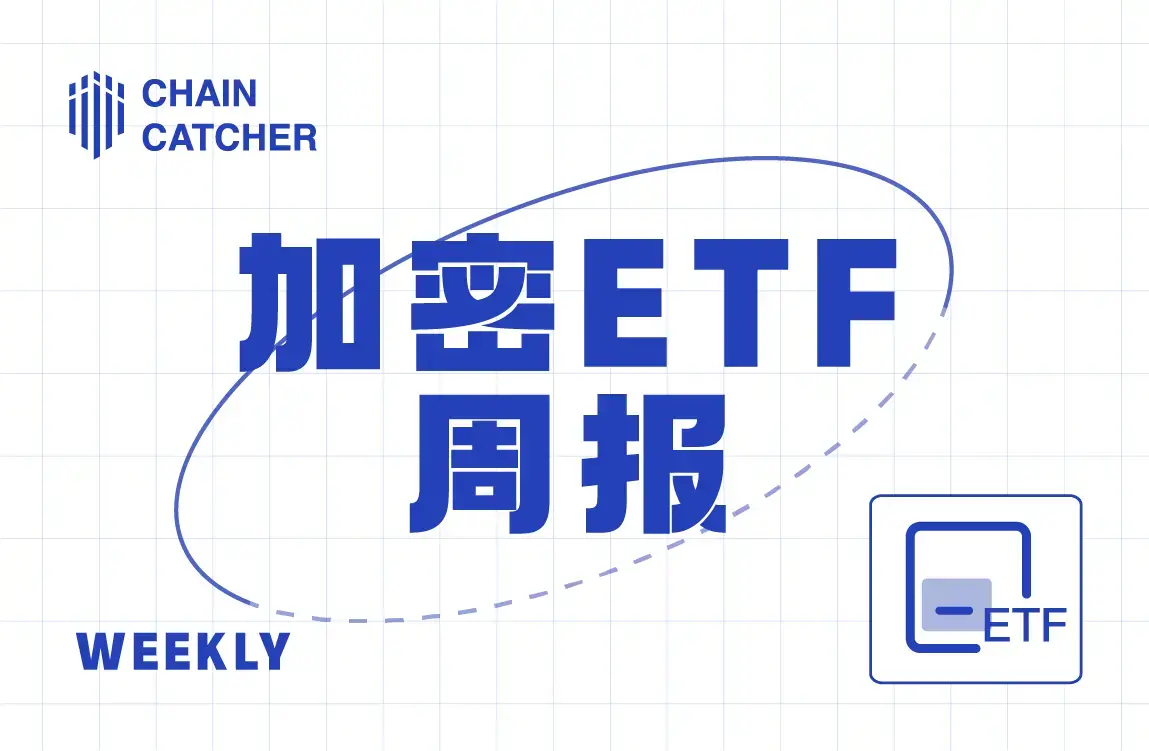What qualifications are needed to issue a Bitcoin spot ETF in Hong Kong?
Author: MetaLab William
On December 22, 2023, the Hong Kong Securities and Futures Commission (SFC) issued the "Joint Circular on Virtual Asset-Related Activities of Intermediaries" (hereinafter referred to as the "Joint Circular") and the "Circular on SFC-Recognized Funds Investing in Virtual Assets" (hereinafter referred to as the "Fund Circular"), stating that it is "ready to accept applications for the recognition of virtual asset spot ETFs." So, what regulatory requirements must be met to issue a Bitcoin spot ETF in Hong Kong? What impacts will it bring in the future? This article will provide a detailed analysis.
1. Interpretation of the Conditions for Issuing Virtual Asset Spot ETFs
Overall, the issuance of products needs to meet the requirements of three regulatory documents: "The Code on Unit Trusts and Mutual Funds in Hong Kong" + "Joint Circular" + "Fund Circular." The former document mainly involves traditional regulatory requirements, as ETFs in Hong Kong are primarily issued through unit trusts (Unit Trusts), although in recent years, ETFs have also been issued through open-ended fund companies (OFCs), which we will not elaborate on here. The "Joint Circular" mainly introduces regulatory requirements related to virtual asset distribution, trading (VA dealing), asset management, and advisory, covering a wide range, so we will only introduce the policy parts related to BTC spot ETFs. The "Fund Circular" clearly states that the regulatory scope includes (1) public offerings, and (2) funds that invest 10% or more of the total asset value in virtual currencies, which includes Bitcoin spot ETFs, so we will focus on this.
In detail, the issuance requirements are as follows:
1. Issuer Qualifications
Unlike the U.S. SEC, which has no explicit regulations on the qualifications of issuers for Bitcoin spot ETFs, the Hong Kong SFC has imposed stricter regulatory requirements—asset management companies issuing virtual asset fund products must meet the following three conditions:
Have a good regulatory compliance record. This means that asset management companies with poor records are basically excluded, and newly established asset management companies face certain uncertainties. Therefore, established asset management companies in Hong Kong have a certain advantage in issuing BTC spot ETFs.
The company must have at least one competent employee with experience in managing virtual assets and related products.
The company must hold an upgraded Type 9 license. That is, the issuing company must meet the "Terms and Conditions Applicable to Licensed Corporations Managing Investment Portfolios that Invest in Virtual Assets." It should be noted that this document was amended in October 2023, lowering the application conditions and difficulties.
2. Underlying Asset Requirements
According to the circular, the underlying assets of virtual asset spot ETFs must be virtual assets currently available for trading by retail users on licensed exchanges in Hong Kong. This means that currently, BTC and ETH are the two virtual assets for which spot ETFs can be issued in Hong Kong.
3. Investment Strategy
Virtual asset spot ETFs are passive funds, so there are no excessive requirements on investment strategies. However, it should be noted that the circular states that funds are not allowed to use leverage. In BlackRock's BTC spot ETF issuance documents, the role of Trade Credit Lender is mentioned, providing loan services for the ETF in certain scenarios. This role may be prohibited in Hong Kong.
4. Redemption and Trading of Spot Virtual Assets
Currently, the issuance of virtual asset spot ETFs in Hong Kong allows for both cash (Cash Model) and in-kind (In-Kind Model) redemption models. The main reason is that there are currently no specific regulations governing virtual asset trading platforms in the U.S. If in-kind redemption is accepted, criminals may use BTC directly to purchase ETFs for money laundering purposes. However, in Hong Kong, licensed exchanges are required to comply with the "Anti-Money Laundering Ordinance," and all deposits and withdrawals must undergo strict KYC/AML reviews. Therefore, conducting in-kind redemptions through licensed exchanges can effectively avoid the issues faced in the U.S. market, but this also adds additional requirements for the Hong Kong market:
· Cash redemptions must be conducted on licensed exchanges in Hong Kong, but can be either on-platform or off-platform;
· In-kind redemptions require the virtual assets to be transferred to a licensed exchange in Hong Kong or to Authorized Financial Institutions (AIs) recognized by the HKMA and their subsidiaries;
· Traders participating in redemptions (PD) must hold an upgraded Type 1 license.
5. Custody
Similar to trading, virtual assets require independent third-party custody, and the custodian must be a licensed exchange in Hong Kong or a financial institution recognized by the HKMA and their subsidiaries. Additionally, the following arrangements must be met:
· Custody accounts must be separate from the asset management company's own accounts;
· Most assets must be placed in cold wallets, with a small portion in hot wallets for redemption purposes;
· Private keys must be securely stored, with the requirement that private keys must be kept in Hong Kong to effectively prevent external attacks and ensure proper backups.
6. Valuation
In terms of valuation, the SFC has shown a more lenient side. The indices used for valuation calculations are not required to only include licensed exchanges in Hong Kong and can include major overseas exchanges. There are no special restrictions on index providers, only requiring a good reputation.
7. Risk Disclosure and Investor Education
Both the "Joint Circular" and the "Fund Circular" address this part. The "Fund Circular" mainly covers risk disclosures in issuance documents and financial reports; the "Joint Circular" mainly focuses on risk disclosure requirements in the distribution process. Of course, both circulars require issuers and distributors to conduct investor education.
8. Review System
According to the "Fund Circular," funds that are preparing to issue or plan to invest 10% or more of the total asset value in virtual currencies must consult the SFC in advance and obtain approval.
9. Investor Restrictions
According to the "Joint Circular," the sale of virtual asset-related products must comply with the requirements of relevant jurisdictions, meaning that the sale of virtual asset spot ETFs to investors in mainland China is prohibited.
2. Future Arrangements
From the above, it can be seen that the policies regarding virtual asset spot ETFs in Hong Kong are significant in two aspects:
First, they clarify the regulatory policies for virtual asset spot ETFs in the Hong Kong market. Unlike the unclear regulatory policies of the U.S. SEC, which have led to the approval of related BTC spot ETFs taking six months without completion, the Hong Kong SFC has made clear regulations regarding the issuance qualifications of related fund products, trading, and custody of virtual assets.
Second, unlike the U.S. SEC, which only allows cash redemptions (Cash Model), the Hong Kong SFC explicitly states that both cash redemptions and in-kind redemptions (In-kind Model) are permitted (the specific reasons will be analyzed later). This will give Hong Kong's BTC spot ETFs a competitive advantage over similar products in Europe and the U.S.
Therefore, the author believes that the issuance of Bitcoin spot ETFs in Hong Kong is now "all set except for the east wind," as the main regulatory obstacles have been removed, and what remains are mainly some technical details. The first Bitcoin spot ETF in Asia is expected to be launched in Hong Kong in the near future.









